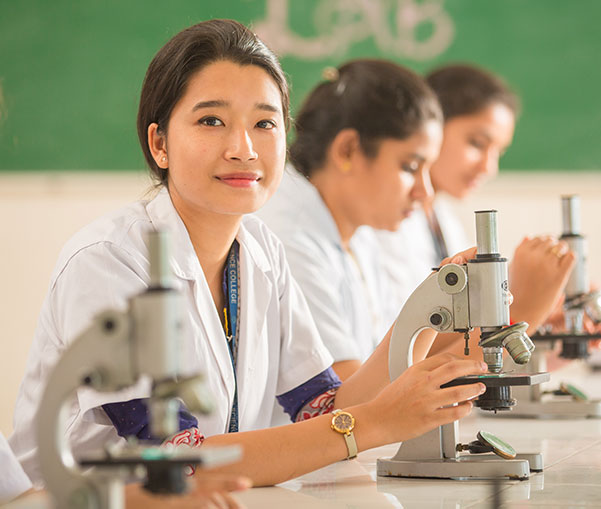
The Bachelor of Science in Microbiology program is designed to provide students with a comprehensive understanding of the diverse and intricate world of microorganisms. The curriculum encompasses a range of subjects, beginning with foundational courses in biology and chemistry to establish a strong scientific base. Core microbiology courses delve into the structure, function, and classification of microorganisms, including bacteria, viruses, fungi, and protozoa. A significant aspect of the program involves practical application, with laboratory work playing a crucial role in allowing students to develop skills in microbiological techniques, experimentation, and analysis. Specialized studies cover topics such as medical microbiology, microbial genetics, and environmental microbiology, offering students the opportunity to tailor their education to specific areas of interest within the field. The program emphasizes the significance of microbiology in various industries, including healthcare, agriculture, biotechnology, and environmental science. Students explore the applications of microbiology in areas such as disease diagnosis, vaccine development, industrial fermentation, and the study of microbial communities in diverse ecosystems. Ethical considerations and responsible scientific practices are integrated into the curriculum, preparing students for the ethical challenges they may encounter in the field. The program may also include exposure to emerging trends in microbiology, such as the study of antimicrobial resistance and the application of genomics in microbial research. Upon completion of the B.Sc. Microbiology program, graduates are well-prepared for careers in research, healthcare, pharmaceuticals, food industry, and environmental monitoring. The program not only provides a solid foundation in microbiological principles but also fosters critical thinking, analytical skills, and the ability to contribute to advancements in microbiological research and applications.